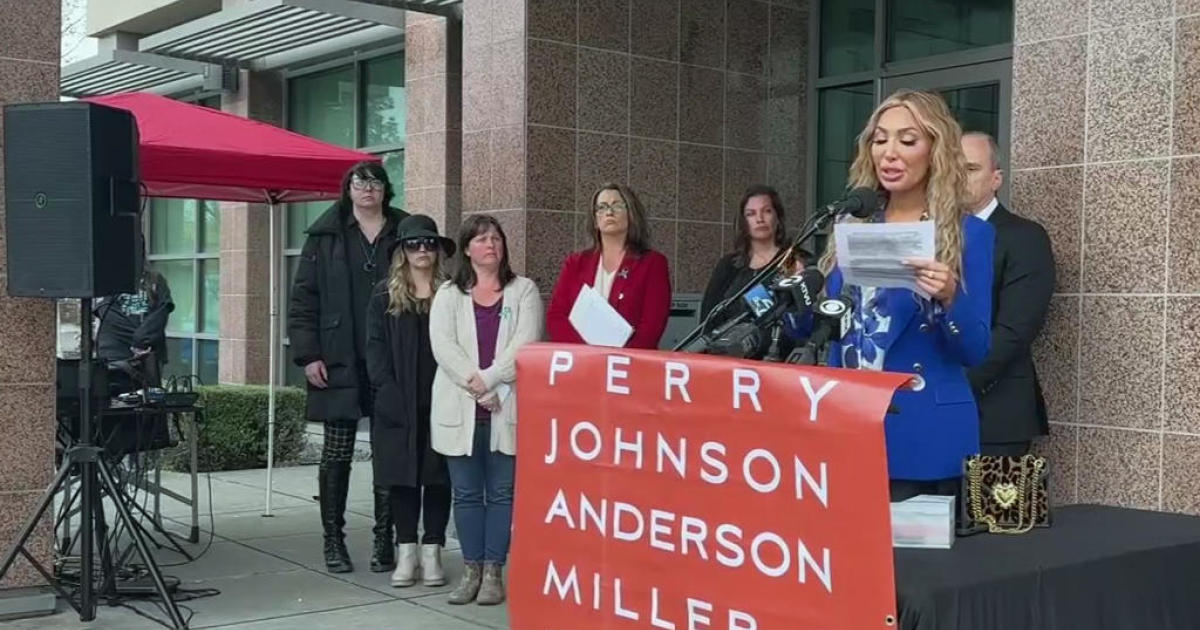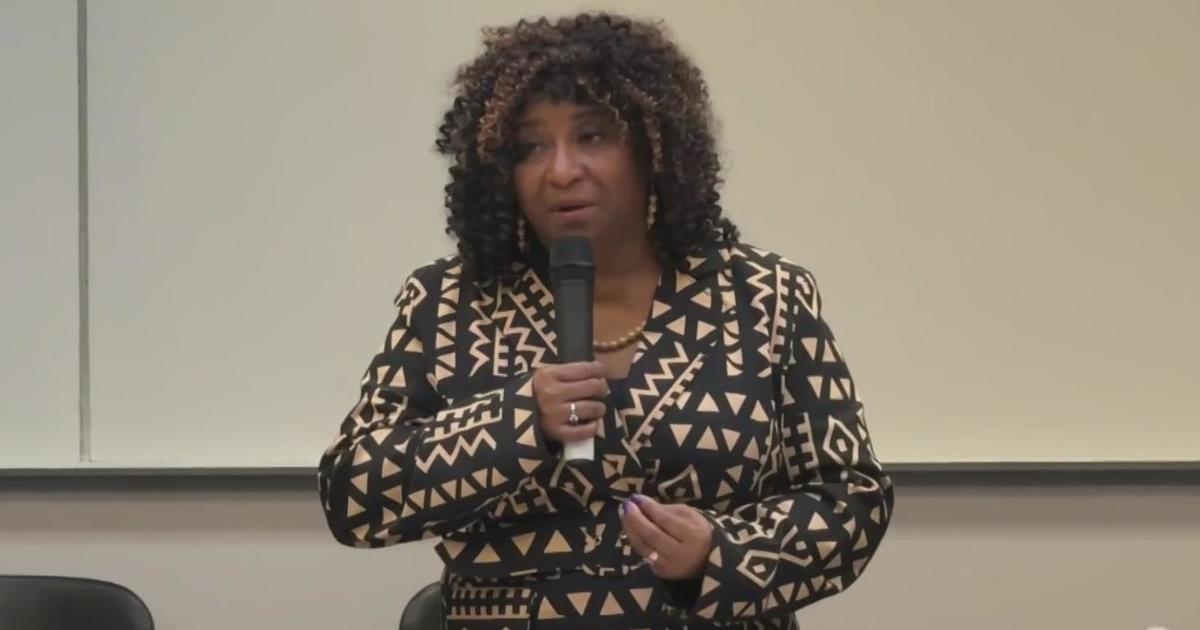Proposition 28 Seeks To Modify Lawmakers' Term Limits
SACRAMENTO (CBS / AP) -- Two decades after approving term limits to force entrenched state lawmakers from office, California voters are being given a chance to change the law with an initiative its supporters say will encourage more consistency and stability.
Proposition 28 on the June 5 primary ballot would reduce the total number of years lawmakers can serve in the Legislature from 14 to 12, but it would allow them to serve all of that in one house. They now can serve up to three two-year terms in the Assembly and two four-year terms in the Senate.
Critics say the initiative dilutes term limits instead of strengthening them.
California voters narrowly rejected a nearly identical attempt to modify state lawmakers' term limits in 2008, when it was criticized as a power-grab by incumbents because lawmakers currently in office would have benefited.
This time, the change would apply only to future lawmakers. Proposition 28's supporter say they think that will remove the taint of self-interest from their campaign.
"Term limits are something that most people support, but there's been some problems," said Gabriel Sanchez, spokesman for the campaign. "The way that term limits are set up now, lawmakers are constantly looking for a job instead of sitting down and doing the work."
The 1990 ballot measure that established California's term limits was sold as a way to reduce the power of special interest groups. It gave California the strictest legislative term limits in the country, along with Arkansas and Michigan, according to the National Conference of State Legislatures.
But critics say it accomplished the opposite, assuring that the statehouse would be filled with inexperienced politicians who are overly reliant on lobbyists and bureaucrats to help them write legislation. They also raise campaign cash constantly, including during the periods when they are voting on bills.
Former Assembly Speaker Fabian Nunez, who helped promote the failed 2008 initiative when he served in the Legislature, said the existing system forces inexperienced lawmakers into leadership positions. It also makes them obsess about what their next job might be, he said.
That preoccupation sometimes leads them to take votes that are based on how the action will be perceived by future voters, rather than taking positions based strictly on the merits of a bill.
"I had colleagues when I was in the Assembly, the day they got elected, they were figuring out what their next move would be," Nunez, a Democrat who now works for a political strategy firm in Sacramento, said in a telephone interview.
He said it had been wrong to try to include sitting lawmakers last time around.
"We all learn from our mistakes," he said.
Mindful that term limits remain popular with voters, proponents
of Proposition 28 emphasize that it would reduce lawmakers' total time in the statehouse by two years even if it means they could serve longer in either the Assembly or Senate. It also would eliminate a loophole that allows lawmakers to serve as many as 17 years if they begin their political careers by filling an open seat vacated early by a lawmaker who has stepped down.
Opponents say the initiative is dishonest because few lawmakers actually serve 14 years. For example, Assembly members often fail to move to the Senate because there are 80 seats in the lower house and just half that in the upper house.
"The fact that it lowers the amount of time you can spend in the Legislature is a smoke screen," said Philip Blumel, president of U.S. Term Limits. "They've crafted a very tricky proposition that's hard to beat."
The title and summary on the June ballot also are misleading, said California Republican Party spokeswoman Jennifer Kerns. The initiative is titled, "Limits on legislators' terms in office," and the summary does not mention that lawmakers currently are limited to six years in the Assembly and eight in the Senate.
Former television game show host Chuck Woolery, who co-founded Restart Congress to push for term limits, recorded a three-minute web video casting the initiative as a gift to corrupt politicians.
"I lived in California 37 years; I voted for term limits in 1990. This is just moving backward," Woolery said in a telephone interview from his home in Horseshoe Bay, Texas, where he has lived for eight years.
There are no term limits on members of Congress.
As of May 9, the campaign against Proposition 28 had raised
$100,000 from the Liberty Initiative Fund, a conservative organization founded this year in Virginia to work on ballot measures, and $45,000 from East Coast developer Howard Rich, who has supported term-limit campaigns across the country.
Proponents of the measure have raised more than $2 million, pulling from a diverse list of organizations that includes the Los Angeles County Federation of Labor, the Los Angeles Chamber of Commerce and Pacific Gas & Electric Co.
The measure also has received a boost from rival developers competing to build a National Football League stadium in Southern California. Majestic Realty has given $400,000 and L.A. Live Properties LLC has donated $100,000.
Majestic Realty spokesman Ben Porritt said company leaders believe the reform would lead to greater efficiency in government. He declined to comment on the NFL stadium plans.
Several of the 30 lawmakers giving up their seats this year because of term limits said they had mixed feelings about leaving the Legislature just as they've built up a body of expertise.
"Am I a better legislator today then I was when I walked in the door? Absolutely, in every sense," said Sen. Joe Simitian, D-Palo Alto, who plans to run for Santa Clara County Supervisor.
Then again, he said, if not for term limits, the Senate seat he won in 2004 might not have been open that year.
(Copyright 2012 by CBS San Francisco. All Rights Reserved. This material may not be published, broadcast, rewritten, or redistributed.)



